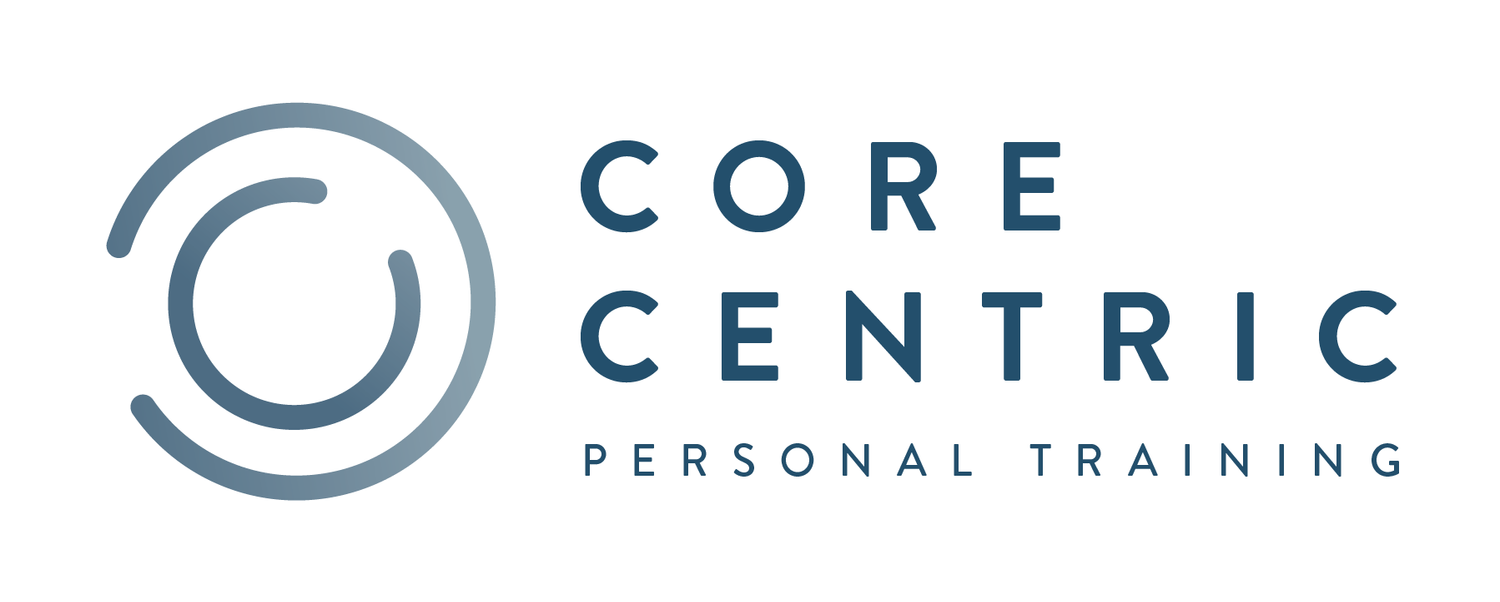The Science of Self-Compassion and Goal Achievement
At Core Centric Training, we coach clients to pursue goals with intention, structure, and adaptability. But there’s one tool that’s often overlooked in performance settings: self-compassion. Far from being indulgent, self-compassion is a powerful psychological skill that supports long-term success—especially when the path gets tough.
A recent study published in Mindfulness (Wang et al., 2019) explored the neurogenetic mechanisms behind self-compassionate mindfulness. Researchers found that individuals with higher levels of self-compassion—particularly the ability to stay present and nonjudgmental during moments of struggle—showed greater activation in brain regions tied to empathy and executive control. These regions help regulate emotion, maintain focus, and adapt behavior under stress.
Why this matters for your training:
When you hit a plateau, miss a workout, or fall short of a goal, your response matters. Harsh self-criticism can trigger stress responses that impair recovery and motivation. In contrast, self-compassionate mindfulness helps you stay grounded, reflect constructively, and re-engage with your goals without spiraling into avoidance or burnout.
Here’s how to apply it:
Pause and acknowledge setbacks without judgment.
Recognize common humanity—everyone struggles.
Refocus with intention, not punishment.
Whether you're working toward strength benchmarks, movement quality, or lifestyle shifts, self-compassion is a skill worth training. It’s not just about feeling better—it’s about performing better.
Stay kind. Stay focused. Stay in motion.
Book a coaching session with Precision Nutrition certified coaches, Michelle, Tomi, or Sandi: BOOK HERE
